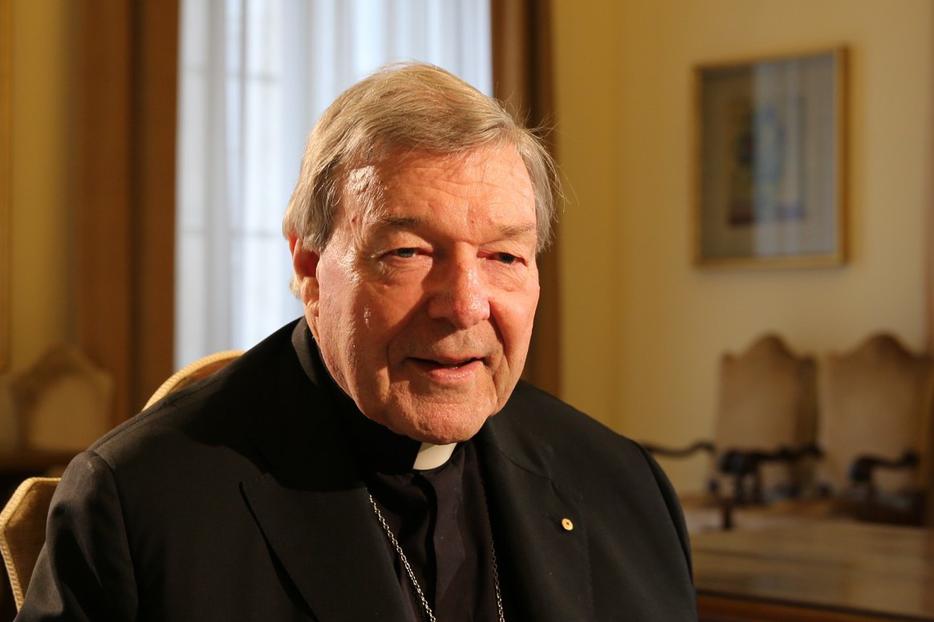Cardinal Pell Uses Time Well in Prison While Awaiting Final Appeal Decision
According to sources close to the cardinal, he is ministering to other prisoners via letters.

Cardinal George Pell is in “good spirits” and has “developed a personal ministry, writing back to other prisoners who have been writing to him about their lives,” a source close to the former head of the Vatican treasury has told the Register.
The cardinal, who remains in solitary confinement to protect him from other prisoners who might hurt him, was moved in early January from Melbourne Assessment Prison, where he had been imprisoned since last February, to HM Prison Barwon, a maximum-security facility southwest of Melbourne.
Barwon Prison is famous for having some high-profile criminals as inmates, including members of the Calabrian ‘Ndrangheta organized crime syndicate and rival gangs.
Australian authorities took the decision to move the cardinal after a drone was spotted attempting to film him working in the prison garden.
Two friends of Cardinal Pell said his cell is larger than his previous one, and allows him more air and light. He is still only allowed one or two visits a week, and he cannot celebrate Mass because the prison authorities will not allow wine to be brought into a prison. “It’s an outrageous denial of religious liberty, but there we are,” said one of the sources.
Nevertheless, the cardinal tells friends he feels he has effectively “had a yearlong, enforced ‘retreat.’”
One source who saw him very recently and spoke to him on the phone only a few days ago, said the cardinal’s resilience was “remarkable,” and noted that he had lost weight which had probably aided his overall health. Another person who had recently been in contact with him said the cardinal was busy writing “mostly spiritual reflections.”
Cardinal Pell is serving a six-year jail sentence after being convicted in December 2018 on five charges of sexually abusing two choir boys as archbishop of Melbourne after Sunday Mass in the city’s St. Patrick’s cathedral in 1996 and 1997.
But a chorus of public opinion has been growing across diverse sectors of Australian society after serious doubts began to emerge about the conviction, heightened by the dissenting opinion of an appeal judge.
Justice Mark Weinberg believed there was a “significant possibility” that the cardinal “may not have committed these offenses.” Weinberg therefore said he believed “these convictions cannot be permitted to stand.”
The convictions have been further questioned after revelations that Victoria police sought to use accusations against the cardinal to distract from a scandal affecting the department. A recent documentary revealed the extent of the corruption and how the Victoria police operated, possibly giving further indication of how the cardinal was convicted on such a paucity of evidence.
One of the sources who had seen the cardinal recently said Cardinal Pell was “quietly confident” about his High Court appeal hearing, which is expected to take place around March 12-13. The appeal pleadings were filed in early January, and prosecutors submitted their response Jan. 31.
It remains unclear how long the seven High Court judges will take to come to a conclusions and prepare their judgment, but it is likely to be given a few weeks after the hearing.
If the cardinal’s appeal is granted, he will be immediately released, but he will still have to serve at least two years and eight months in prison if his conviction is upheld.
The cardinal’s friends say anyone who wishes to write to him should send letters to: George Pell, Locked Bag 7, Lara VIC 3212, AUSTRALIA.
- Keywords:
- cardinal george pell
















